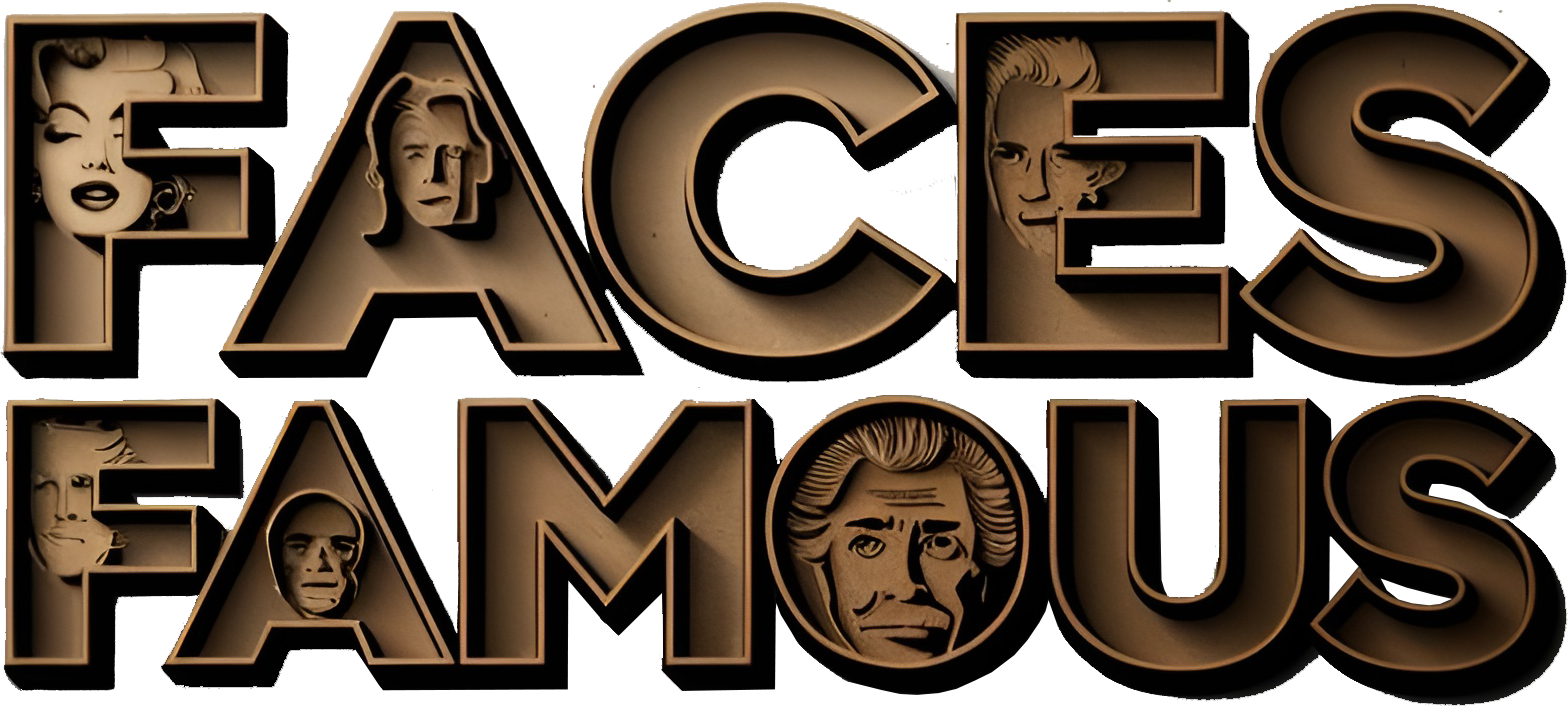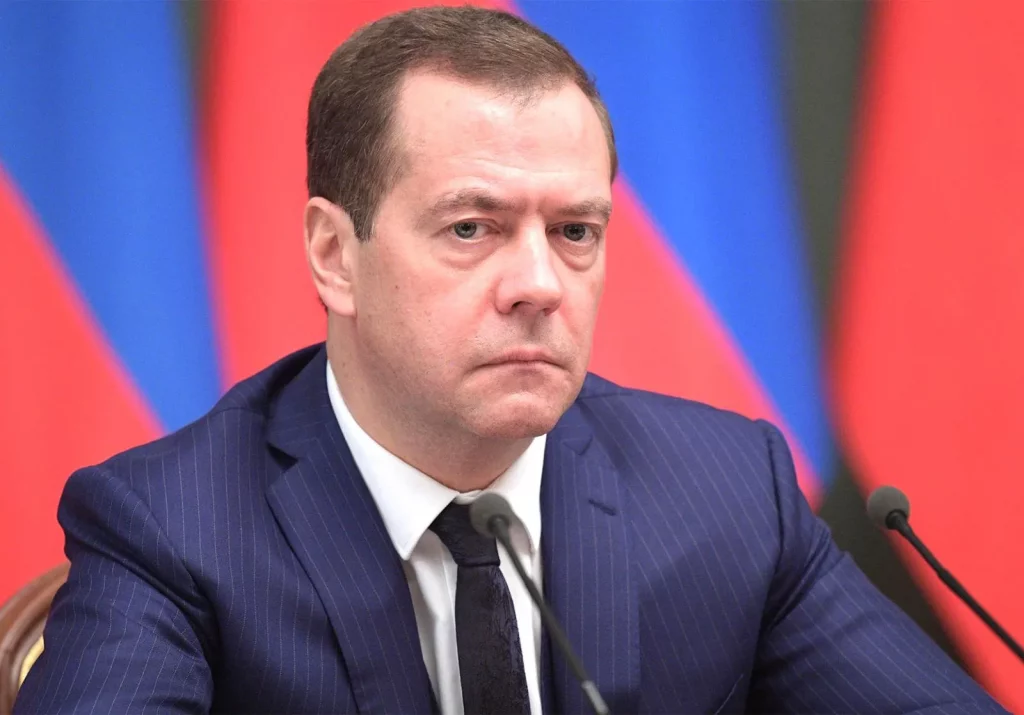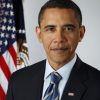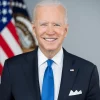Dmitry Medvedev, born on September 14, 1965, in Leningrad (now Saint Petersburg), Russia, is a Russian politician who served as the third President of Russia from 2008 to 2012 and as Prime Minister from 2012 to 2020. Often seen as a close ally of Vladimir Putin, Medvedev has played a significant role in modern Russian politics. His presidency is particularly notable for being part of a power tandem with Putin, where the latter retained significant influence even as Medvedev held the formal title of president.
Early Life and Education
Medvedev was born into a middle-class academic family. His father was a professor at Leningrad State University, and his mother taught at a pedagogical institute. Growing up in Soviet Russia, Medvedev was a diligent student and had an early interest in law and politics. He studied law at Leningrad State University, where he first crossed paths with Vladimir Putin, who would later become a crucial figure in his political career.
After graduating in 1987, Medvedev pursued a PhD in law, specializing in civil and corporate law. He later became a professor at his alma mater, where he worked as an academic before transitioning into politics. During the turbulent years following the collapse of the Soviet Union, Medvedev’s legal expertise positioned him well for a role in the emerging political scene.
Early Political Career and Rise to Power
In the early 1990s, Medvedev became involved in local government in Saint Petersburg, working under Mayor Anatoly Sobchak—a prominent reformist politician. It was during this time that he formed a close working relationship with Vladimir Putin, who was also a key figure in Saint Petersburg’s political circles.
Medvedev’s loyalty to Putin played a significant role in his rapid rise in Russian politics. When Putin was appointed as the head of the Federal Security Service (FSB) and later as Prime Minister, Medvedev followed him to Moscow and began working in various governmental roles, including in Putin’s presidential administration.
In the early 2000s, Medvedev held several important positions in the Russian government. In 2000, he became Chairman of Gazprom, the state-controlled energy company, a role that gave him considerable influence over Russia’s crucial energy sector. He was also appointed as Putin’s chief of staff and later became Deputy Prime Minister in 2005, cementing his status as one of Putin’s closest allies.
Presidency (2008–2012)
When Putin reached the end of his second presidential term in 2008, he was constitutionally barred from running for a third consecutive term. Instead, Putin endorsed Medvedev as his successor, and Medvedev won the 2008 presidential election with over 70% of the vote. Upon assuming office, Medvedev appointed Putin as Prime Minister, marking the beginning of a “tandemocracy” in which Putin continued to hold significant power.
Key Policies and Reforms
Medvedev’s presidency is often characterized by his focus on modernization, technology, and legal reform. He positioned himself as a more liberal and reform-oriented leader compared to Putin, particularly in his rhetoric. Medvedev frequently emphasized the need to modernize Russia’s economy, reduce corruption, and improve the rule of law. He also advocated for greater technological innovation and launched initiatives to boost Russia’s IT and technology sectors, including the development of the Skolkovo Innovation Center, which aimed to create a Russian equivalent of Silicon Valley.
One of Medvedev’s most significant legislative achievements was the reform of Russia’s criminal justice system. His administration made efforts to reduce police corruption and improve the judicial process, though critics argue that these reforms were largely superficial and failed to address deeper systemic issues.
Foreign Policy
On the foreign policy front, Medvedev’s presidency saw Russia’s relations with the West fluctuate. Early in his tenure, there was hope that Medvedev’s more liberal image could lead to a “reset” in relations with the United States, especially under the Obama administration. This culminated in the signing of the New START treaty in 2010, a bilateral arms reduction agreement between the U.S. and Russia.
However, Medvedev’s presidency was also marked by the 2008 Russo-Georgian War, a conflict that erupted over the separatist regions of South Ossetia and Abkhazia in Georgia. Russia’s military intervention in Georgia, which took place just months after Medvedev assumed office, strained relations with the West. Despite Medvedev being the nominal president, many observers believed that Putin was still the dominant force behind Russia’s foreign policy decisions.
Return to the Role of Prime Minister (2012–2020)
In 2012, Putin returned to the presidency after winning the election, and Medvedev became Prime Minister, swapping roles with his long-time ally. During this period, Medvedev’s influence in the government appeared to diminish as Putin resumed his dominance over Russian politics.
As Prime Minister, Medvedev continued to advocate for economic modernization, though his efforts were often overshadowed by broader geopolitical developments, including the annexation of Crimea in 2014 and the subsequent international sanctions imposed on Russia. Medvedev supported Putin’s assertive foreign policy, although he often appeared to be a secondary figure compared to the president.
During his tenure as Prime Minister, Medvedev faced domestic challenges, including public dissatisfaction with economic stagnation and falling living standards. While he managed day-to-day government affairs, significant decisions were seen as being made by Putin.
Resignation and Role in the Security Council
In January 2020, Medvedev resigned from his position as Prime Minister following a constitutional shakeup initiated by Putin. Medvedev’s resignation cleared the way for a new government, and he was appointed as Deputy Chairman of Russia’s Security Council, a position created for him that allows him to remain close to the center of power but without direct involvement in day-to-day governance.
Legacy and Personal Life
Dmitry Medvedev’s legacy is closely tied to his relationship with Vladimir Putin. While he served as President, many analysts view his time in office as a continuation of Putin’s policies rather than a period of independent leadership. His presidency did bring about some important reforms and initiatives, particularly in the area of technology and legal modernization, but critics argue that these efforts were not enough to transform Russia’s deeply entrenched political and economic systems.
Medvedev’s more liberal image compared to Putin has led to speculation that he was intended to serve as a figurehead during his presidency, allowing Putin to retain control from behind the scenes. This perception of Medvedev as a less assertive leader has influenced how he is remembered both in Russia and abroad.
On a personal level, Medvedev is known for his interest in technology, music, and photography. He has a public persona that contrasts with Putin’s more austere and authoritative image. Medvedev is married to Svetlana Medvedeva, and they have one son, Ilya.
Conclusion
Dmitry Medvedev is a key figure in modern Russian politics, having held the highest offices in the country, including President and Prime Minister. His close alliance with Vladimir Putin has defined much of his political career, and while he advocated for modernization and legal reforms during his presidency, his tenure is often seen as an extension of Putin’s leadership. Despite this, Medvedev has played a significant role in shaping contemporary Russia, particularly through his focus on technology and economic innovation.
Created with ChatGPT



